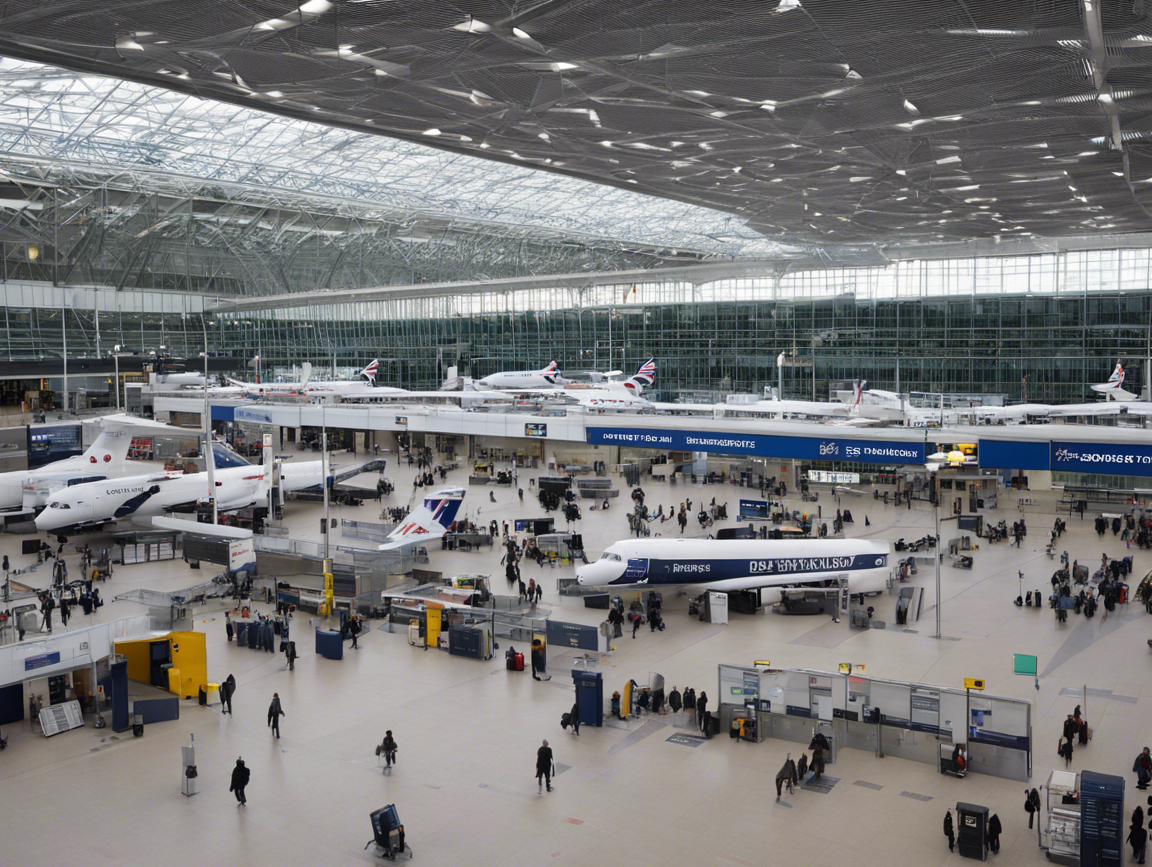As the United Kingdom (UK) is a popular destination for travelers from all around the world, it is essential for visitors to be familiar with the Border Force procedures at UK airports. The UK Border Force is responsible for controlling the country’s borders, enforcing immigration and customs regulations, and ensuring the safety and security of the UK. Understanding how the Border Force operates can help make your entry into the UK a smooth and hassle-free experience. In this guide, we will explore the various aspects of the Border Force at UK airports, including arrival procedures, immigration checks, customs regulations, and tips to expedite your entry process.
Arrival Procedures
Upon arrival at a UK airport, you will go through passport control, where Border Force officers will check your travel documents and verify your eligibility to enter the country. Make sure you have a valid passport, visa (if required), and any supporting documents ready for inspection. If you are a non-EEA national, you may need to provide biometric data (fingerprints and a photo) as part of the immigration process.
Immigration Checks
Immigration officers will ask you questions about your visit to the UK, such as the purpose of your trip, where you will be staying, and how long you intend to stay. Be prepared to provide honest and accurate information to avoid any delays or issues with entry. If you are a visa national, ensure that you have the correct type of visa for your visit (e.g., tourist visa, work visa, student visa).
Customs Regulations
After passing through immigration control, you will proceed to the customs area, where Border Force officers may conduct checks on your luggage. It is essential to be aware of the customs regulations in the UK to avoid penalties or confiscation of restricted or prohibited items. Declare any goods exceeding the duty-free allowances, such as alcohol, tobacco, or cash, to avoid fines or seizure of undeclared goods.
Tips for Smooth Entry
- Prepare Your Documents: Have your passport, visa, boarding pass, and any required supporting documents easily accessible for inspection.
- Be Honest and Polite: Answer questions from Border Force officers truthfully and respectfully to facilitate a smooth entry process.
- Follow Instructions: Comply with any instructions given by Border Force officers and follow signage at the airport for guidance.
- Know the Rules: Familiarize yourself with UK immigration and customs regulations to ensure compliance and avoid any issues during entry.
FAQs about Border Force at UK Airports
-
What is the Border Force?
The Border Force is a law enforcement agency in the UK responsible for securing the country’s borders, enforcing immigration and customs regulations, and protecting national security. -
Do I need a visa to enter the UK?
The visa requirements depend on your nationality and the purpose of your visit. Check the UK government’s official website or consult the nearest UK embassy or consulate for visa information. -
What should I declare at customs?
Declare any goods that exceed the duty-free allowances, including alcohol, tobacco, cash, and other restricted or prohibited items. Failure to declare such goods can result in fines or confiscation. -
Can I bring food into the UK?
You can bring some food items for personal use, but certain items such as meat, dairy, and plant products may be subject to restrictions. Check the UK government’s guidelines on bringing food into the country. -
What happens if I am refused entry into the UK?
If you are refused entry, you may be held in detention until you can be removed from the country. It is essential to comply with the instructions of Border Force officers and seek legal advice if necessary.
In conclusion, understanding the Border Force procedures at UK airports is crucial for a seamless entry into the country. By being prepared, following the rules, and cooperating with Border Force officers, you can ensure a smooth and hassle-free arrival process. Remember to familiarize yourself with the immigration and customs regulations to avoid any issues during your visit to the UK.
